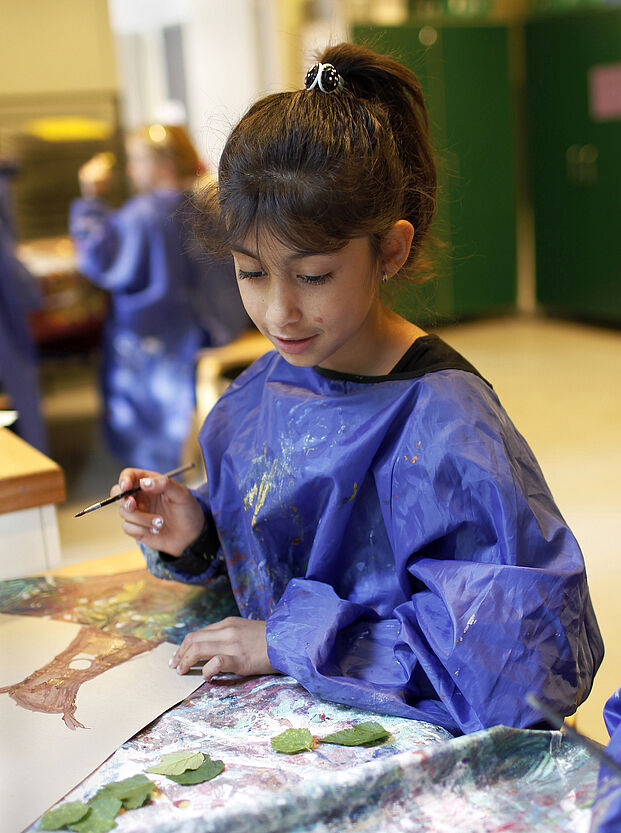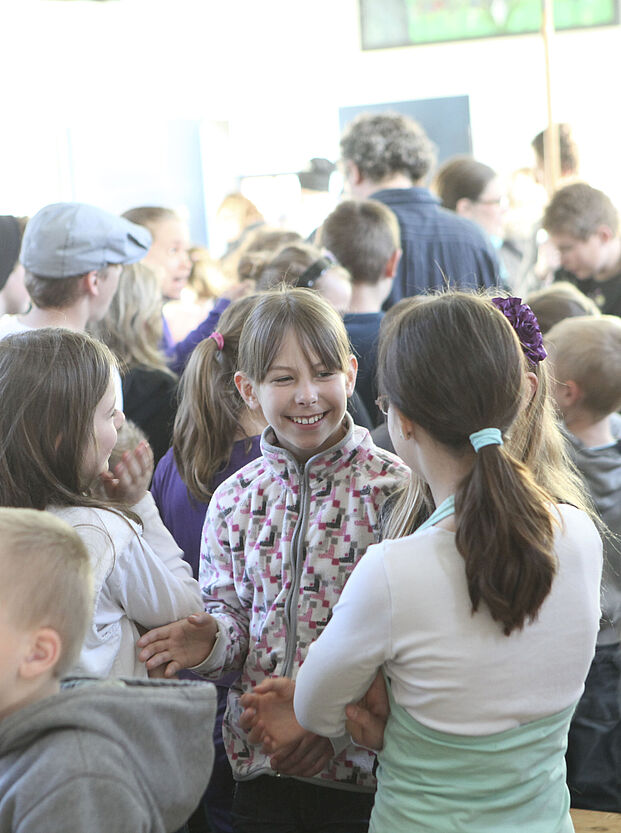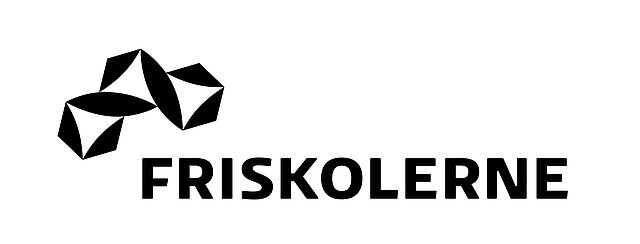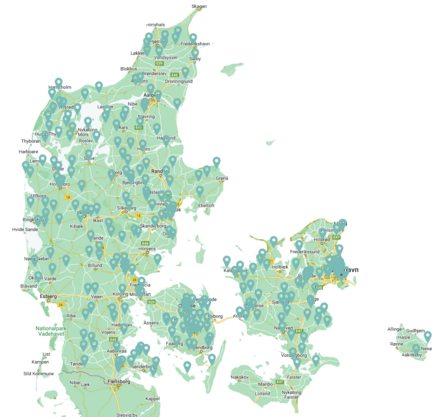Extract from the article "Friskole med både 10., 11. og 12. klasse" from friskolebladet, nr. 2, January 30, 2008. Translated by Mette Marie Mouritsen.
The Rudolf Steiner School in Odense is a 12-years comprehensive school without examinations and grades. Instead of grades, the pupils get school reports every or every other year telling them their level of academic- and social abilities, as well as of development.
"Unified philosophy
[...]
The anthroposophy starts with the idea that at core the human being is a spiritual being that in full consists of body, soul, and spirit. The development takes place in natural rhythms, which the teaching must use as a starting point. Learning cannot be forced but must respect that the child learns and experiences in different ways on different age levels. In the beginning, it is the children's motions and fantasy that must be stimulated, later the emotions and the intellect.
In the entire course of development great emphasis is placed on the creative and artistic aspect. Form and content are inextricable connected.
Most of the courses of instruction result in the students working with the subject themselves. Chiefly the teaching is build upon the teacher introducing a material to the students, whereupon they process it and give it form in their notebooks. Only a few textbooks are applied. It is the teacher's introduction that is the starting point, and the students' acquisition and reproduction that is the aim. The direct oral communicated contact between teacher and student is in focus. Fixed textbook systems and computers are accordingly disturbing in that process. Calculators are thus not included before 8th class, and computers are only used in a limited extent in 10th, 11th and 12th class - and in these classes the computers are mostly used as a tool for writing and information retrieval.
From kindergarten until 8th class, the students have the same teacher. This creates a close personal relationship between the students and the teacher, and this is furthermore seen in the school not using a bell to ring, to ring for break or for going home. Instead it is the teacher that calls in the students, and greets each of them, as well as it is the teacher that tells when the class is over.
The school's purpose is not only regarded as knowledge communicating. The Steiner schools' starting point is a conception of education that takes precedence over intellectual learning. Education is not solely achieved by intellectual training; it is a process that embraces the entire human being, and therefore education cannot be restricted to the academic content."
[...]
"To see everything fall into place
In Denmark there are sixteen Rudolf Steiner schools [RED. In 2014: 14]. Out of these, six of them have a 10th, 11th and 12th class. The rest only go on until 9th class.
Three students from 12th class at Odense Friskole, Karoline, Jonathan and Katrine are looking back at a school life. As said by Karoline, they are now able to see "that there is a purpose in everything we do, and that everything is connected. You do not see that when you are in the middle of it."
The teacher Ruth Henriksson expressed in another context the same experience of the 12-year education forming a whole: "After puberty, 8th class, it is nice to experience the further development". Many schools say goodbye to the students after 9th class in where they are in a tumultuous period of change. Ruth Henriksson explained that it was amazing to experience that the same students from 10th class and until 12th class go through a development in which everything fall into place in new coherent patterns. In that way, she experienced that the 12 years school life was completed in a coherent course that made sense, and that was very satisfying when being a teacher."



